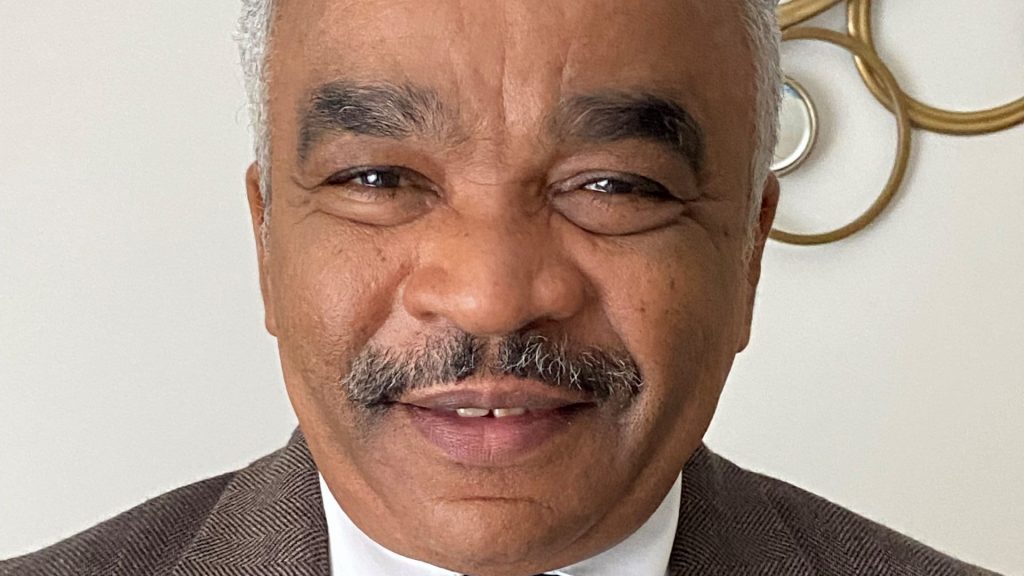Welcome to another episode of RILN Opinion+ where we talk about major issues the Latinx and underrepresented communities face in the Rhode Island community.
This week we spoke with Tomás Ávila, Associate Director for the Office of Rhode Island Office of Diversity, Equity, and Opportunity (ODEO). Associate Director Ávila works to diversify the workforce in Rhode Island and make the work environment more inclusive and welcoming for all identities. “Part of the office’s responsibility is to diversify the state employment so it will reflect the demographics of Rhode Island,” explained Ávila of the role of ODEO. “The second part of it is to make sure we recruit and diversify a set of individuals who can potentially be employed by the state.”
Associate Director Ávila assists minorities pursuing to build businesses and making sure they receive equal opportunity. “We have the responsibility of the minority business enterprise and in that end, it is our responsibility to make sure that they get their due fair share of the investment that the state does in expenses,” explains Ávila. “Back in 1986, the state passed a law that said that a minority community is entitled to ten percent of all the expenses that the state does.” Associate Director Ávila has the responsibility to make sure minority communities receive the same funding and increase their opportunity.
The pandemic caused the ten percent deal to minority business enterprises to be suspended due to an executive order placed by the governor. Fortunately, the executive order has been reversed. Another major issue was ODEO being able to recruit.
Within the last forty years, Rhode Island has become more diverse. “By 2043 Rhode Island is going to be a majority-minority state,” states Associate Director Ávila as he explained the perpetual growth of diversity in Rhode Island. Within the current minority, the Latinx population is the fastest-growing population as they have grown by 45 percent while the Asian community has grown by 18 percent and the African American community has grown by 7 percent.
“Corporations and governments have a responsibility to actually help and make sure those individuals can grow,” Ávila calls the state government to create equal opportunity for the marginalized. “With Floyd’s death, the consciousness was raised that we need to be more intentional and practical.”
Rhode Island faces the same problems in terms of workplace opportunity as the rest of the country. It all goes with the way we recruit. “Whether intentional or unintentional it has limited the growth of the minority community,” explains Ávila on the glass ceiling that exists in minorities. “Managers need to break the mode of hiring individuals who look like them and hire people who are qualified.” This will lead to hiring people who will produce the results that managers want and fulfill the qualifications they are looking for. This is the key to closing the gap between them and us.
Resources:
Office of Diversity, Inclusivity, and Opportunity at Rhode Island: http://odeo.ri.gov/
Jobs in Rhode Island: https://www.employri.org/vosnet/Default.aspx




